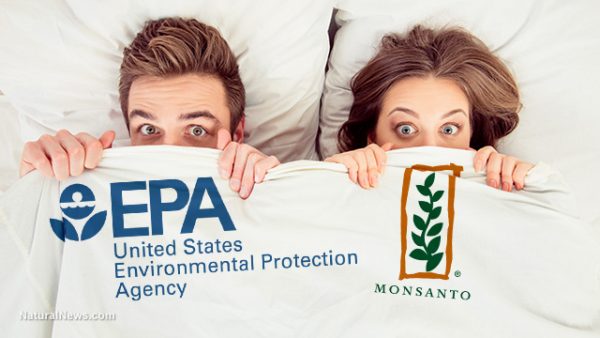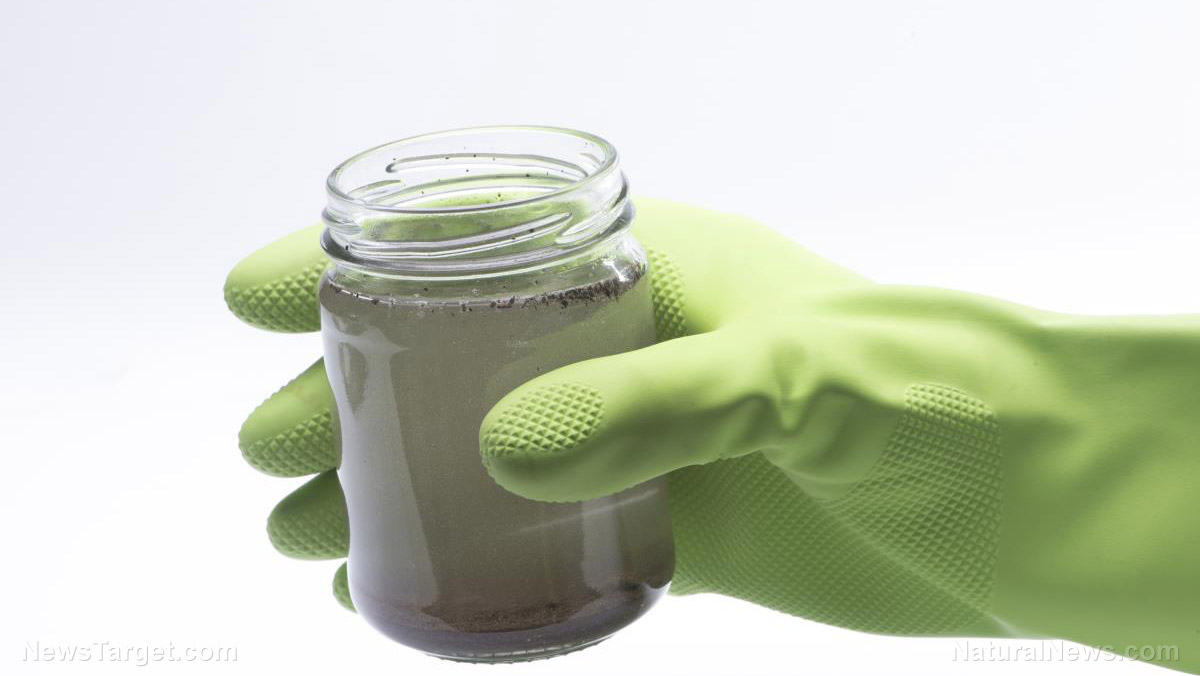The Environmental Protection Agency’s Office of Pesticide Programs is supposed to be responsible for producing independent analyses of pesticides. But is that what they really do? Like other federal agencies (à la the FDA), the Office of Pesticides does no actual studies or research of their own; instead, they review data provided to them by pesticide manufacturers.
And to make matters worse, the Office received a staggering 30 percent of its funding from the pesticide industry in 2016. So not only is the Office relying on research hand-picked for them by pesticide-makers, the industry is literally paying them to conduct their “reviews.” Once again, it seems that the “independent science” from the government is nothing more than illusion.
The EPA can’t be trusted
As Bloomberg reports, the glaring issues with the EPA’s reliance on the pesticide industry to manufacture scientific data and provide funding came to a head last year. In 2017, the EPA gathered a panel of outside scientists to peer-review the agency’s conclusions on glyphosate regarding its potential to cause cancer.
While the EPA may have decided that glyphosate was unlikely to cause cancer, the Scientific Advisory Panel begged to differ. Eight of the 15 chosen panelists “expressed significant concerns about the EPA’s benign view of glyphosate, and three more expressed concerns about the data.” In other words, 11 out of 15 panelists took issue with the EPA’s ruling — a clear majority.
In addition to the obvious problems with relying on research provided by pesticide-makers and the conflict of interest with being funded by the industry, sources report that across the EPA’s paper on glyphosate, bias was clearly evident.
The great glyphosate deception
For example, the EPA report included data that suggested glyphosate can cause cancer — only to deny it was a real threat, and in epidemiological studies, the EPA said that farmers’ recollection of their glyphosate exposure was “unreliable.” It only gets worse: EPA analysts actually changed data to make it fit their narrative. As Bloomberg reports:
On meta-analyses pooling human data from multiple studies to identify trends, the EPA assessors shaved decimal points from the results, which made it possible for them to shrug off data showing exposed farmers had an elevated risk of cancer.
Multiple panelists scolded EPA officials for contradicting their own standards. Eric Johnson, an epidemiologist at the University of Arkansas for Medical Sciences, noted that every time a study showed evidence of potential harm, EPA officials wrote off the research, citing one flaw or another.
Lianne Sheppard, a biostatistician at the University of Washington at Seattle, says that there was a “consensus” by the panel that EPA wasn’t following its own guidelines.
“The available evidence did not fit with the conclusions drawn in the issue paper, particularly when put in the context of the guidelines,” she commented. Even the EPA’s report on the panel obscured the fact that a majority of the panelists took issue with the EPA’s ruling on glyphosate. The phrase “some panelists” was used to completely ignores the fact that “some” was actually a majority (11 out of 15). By design, this vague term makes it easier for the EPA to ignore the Panel’s judgment.
The EPA has repeatedly come under fire for shielding Monsanto and their toxic garbage from being looked at too closely; after all, if anyone looks at the science, they’ll see just how toxic glyphosate really is — as the World Health Organization did, when they named glyphosate as a probable carcinogen. Not only is the EPA obscuring the science on glyphosate, they are trying to silence anyone who voices concern.
Last year, a heart-breaking letter from a dying EPA scientist surfaced, begging her coworkers to stop lying about glyphosate and do the right thing. The level of collusion taking place at the EPA is practically unfathomable. Learn more about the EPA’s misdeeds at EPA.news.
Sources for this article include:
Bloomberg.com
EcoWatch.com


















